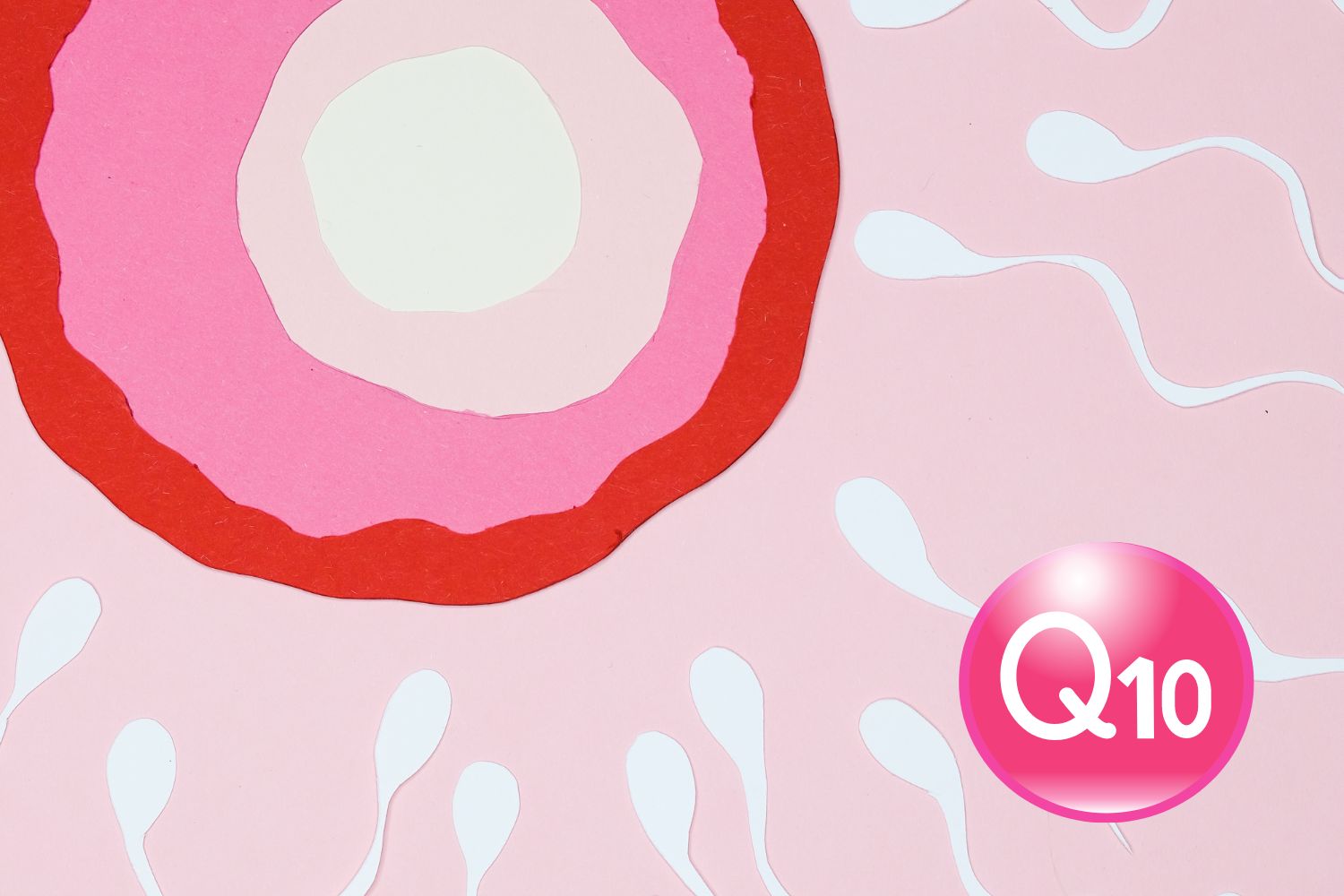Table of Contents
Irregular periods can be annoying. But unfortunately, they can also be a symptom of a more concerning underlying health issue. If your period isn’t consistent in length from cycle to cycle, it could be related to something benign, like stress, or it might be a sign of an autoimmune disease. If you’re experiencing cycle irregularity, you should talk to your doctor. But in the meantime, continue reading for an understanding of the various reasons behind irregular periods.
A quick refresher; what are irregular periods?
An irregular period is any menstrual cycle shorter or longer than 21 days or 35 days (respectively) for consecutive months. Your menstrual cycle begins on the first day of your period and lasts until the first day of your next period. The average cycle length is 28 days, but ACOG considers anything between 21 and 35 days normal.
If the length of your cycle varies each month by 7 to 9 days, you could be considered irregular. Spotting between cycles and bleeding lasting longer than a week are irregular symptoms.
You know your body best and likely understand what is normal for you and what is not. However, cycle tracking can be a great way to better understand your reproductive health.
What do you do if your period is irregular?
If your period is consistently regular for longer than three cycles (or three months), it’s best to contact your doctor. They will likely be able to help you determine possible causes of irregular periods and how to get your cycle back on track.
What can cause irregular periods?
There can be many different causes of irregular periods. Some causes aren’t of major concern, like occasional stress. Alternatively, other factors, like serious underlying medical conditions, are more concerning.
Stress
If your stress is great enough to impact your hormones, it could lead to irregular periods. Chronic stress may cause your hormones to fluctuate, which can delay ovulation. If ovulation is thrown off, your period will be too. In most cases, extreme stress will result in a late or missed period.
Stress can come in different forms. You may be worried about a presentation at work or school, or dealing with family issues. However, lifestyle factors can also trigger a stress response in your body. Extreme exercise routines, irregular sleep, and gaining or losing a significant amount of weight quickly can elicit a stress response and result in inconsistent menstruation.
Illness
Viruses and other illnesses can make your period come late, early, or not at all. Certain illnesses can stress your body as it fights to get better. As you now know, stress impacts processes like ovulation, which can delay your period.
Low body weight
If your weight falls to around 10% below normal weight, you may experience period disruption. Low body weight impacts many processes, including hormone regulation and production. When ovulation is halted, menstruation isn’t triggered, lengthening your cycle.

Conditions affecting your reproductive system
Conditions that affect your reproductive system often produce menstrual symptoms like irregular periods. Polycystic Ovarian Syndrome (PCOS), Pelvic Inflammatory Disease (PID), and Endometriosis are all linked to cycle inconsistencies. Most of them result from hormonal issues, but some also involve factors concerning reproductive tissues and organs. Conditions like PCOS or PID share other symptoms, too, such as painful periods, infertility, and abnormal bleeding.
Medications
Certain medications, namely steroids and anticoagulant meds (known as blood thinners), may result in an inconsistent menstrual cycle. Generally, periods are only impacted when you use the medications long-term. Period delay or prolonged bleeding occurs because the steroid impacts the hormones responsible for ovulation and menstruation.
Birth control
You likely know that birth control can affect your cycle. After all, the medication is taken to alter ovulation and implantation so that pregnancy does not occur. Different types of birth control can result in various symptoms. Some forms of the pill, like low-dose progestin-only, may be less likely to cause irregular periods than a combination pill or ring. Going on the pill or coming off the pill usually results in changes to your period. Period irregularities can last six months or longer, even after you stop taking birth control.
Thyroid problems
Specific autoimmune diseases, like thyroid conditions, cause your hormones to fluctuate. Hormonal imbalances then affect other bodily processes, such as menstruation. Gland disorders that may result in an irregular period include hyperthyroidism (overactive thyroid), hypothyroidism (underactive thyroid), and pituitary conditions.
Pregnancy, breastfeeding, or miscarriage
Ectopic pregnancy is when the fertilized egg implants somewhere outside your uterus. When you’re pregnant, your period typically stops. Ectopic pregnancy, however, may not completely halt your period. Instead, you might experience irregular periods and spotting. Miscarriage causes your hormones to fluctuate, disrupting normal ovulation and menstruation.
Women who are breastfeeding typically experience irregular periods too. Prolactin, which triggers milk production, works to prevent ovulation. Without ovulation, periods don’t regularly occur. Some women might see a return of their period while nursing. In contrast, others won’t resume menstruating until after they’re done breastfeeding or pumping.
Medical procedures
Any procedure that affects your uterus, fallopian tubes, or ovaries can disrupt your menstrual cycle. Surgery that results in scarring or blockages to these areas might cause delayed, missed, or absent periods.
When should I be concerned about an irregular period?
You may not need to worry if your cycle is shorter or longer for one month and then returns to normal. Occasional factors like sleep or stress can impact menstruation. But if your period is inconsistent from month to month, it’s a good idea to talk to your doctor. Other concerning symptoms, like pelvic pain, strange odor, or passing heavy clots, also mean it’s time to phone your physician.
Related Products
Natural Womb Rebalance Support (Pack of 3)
Formulated by Ayurvedic experts and made with organic, ethically-sourced herbs to support female uterine health.








